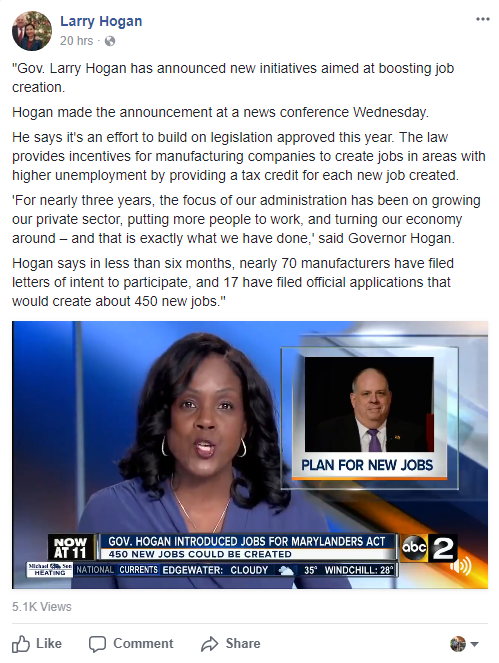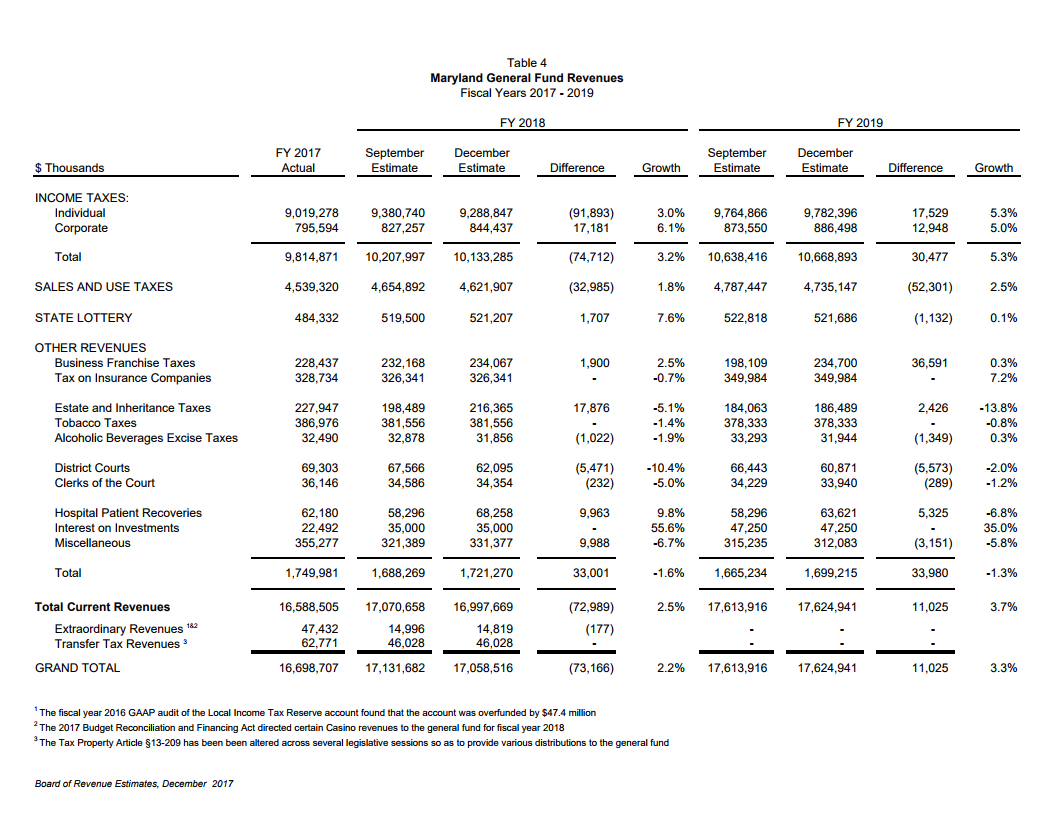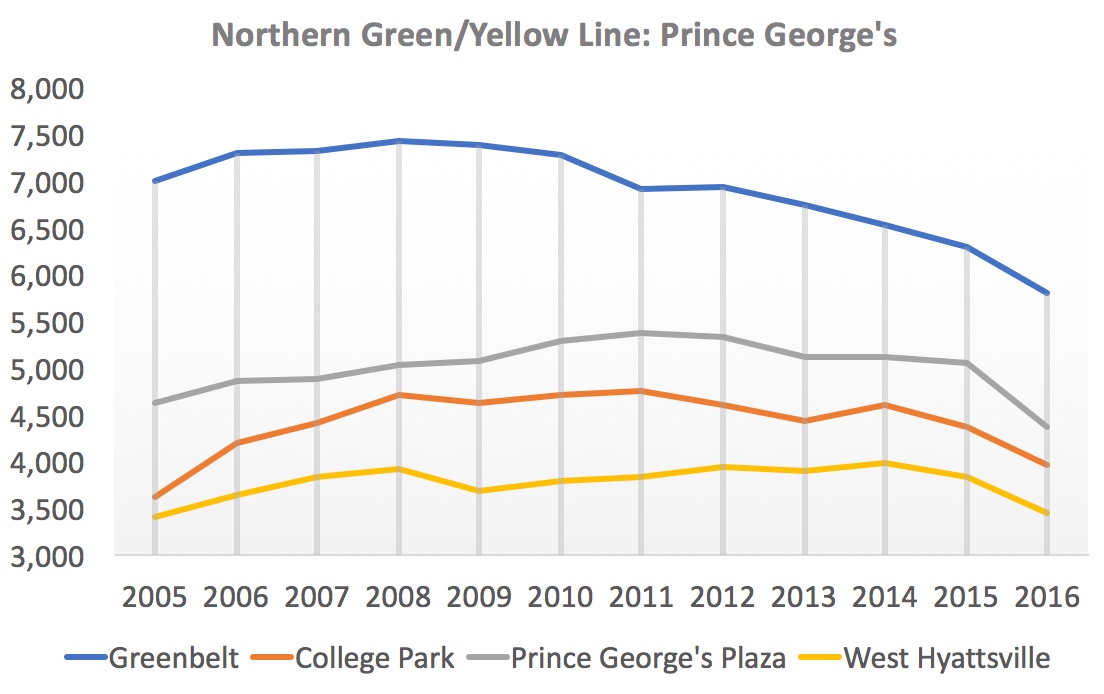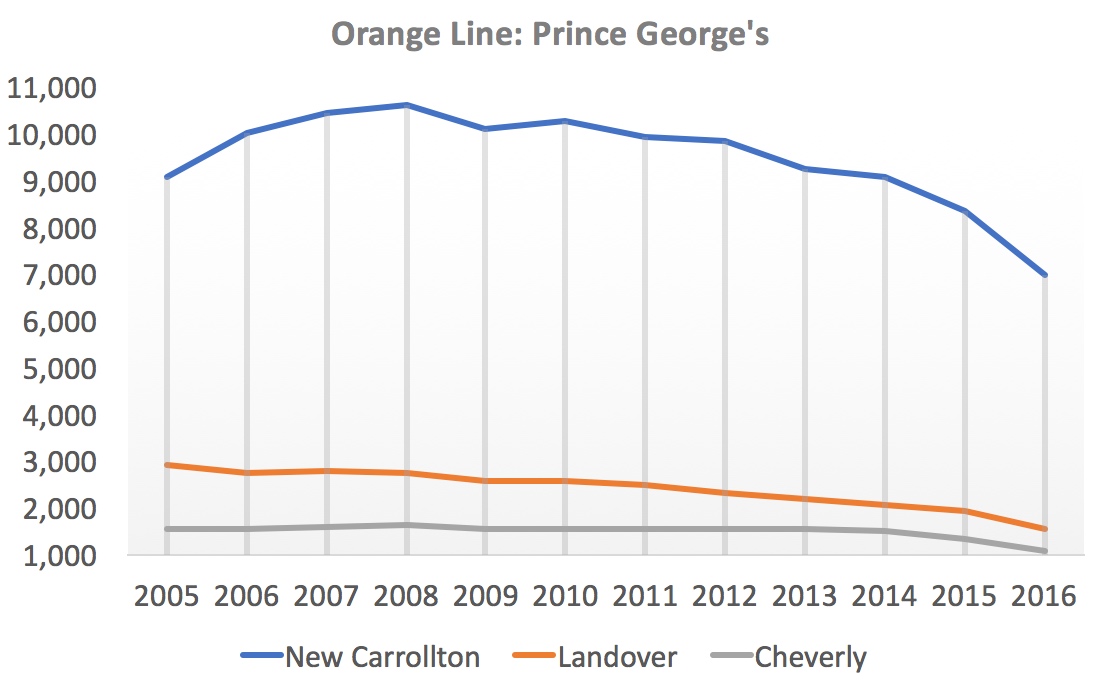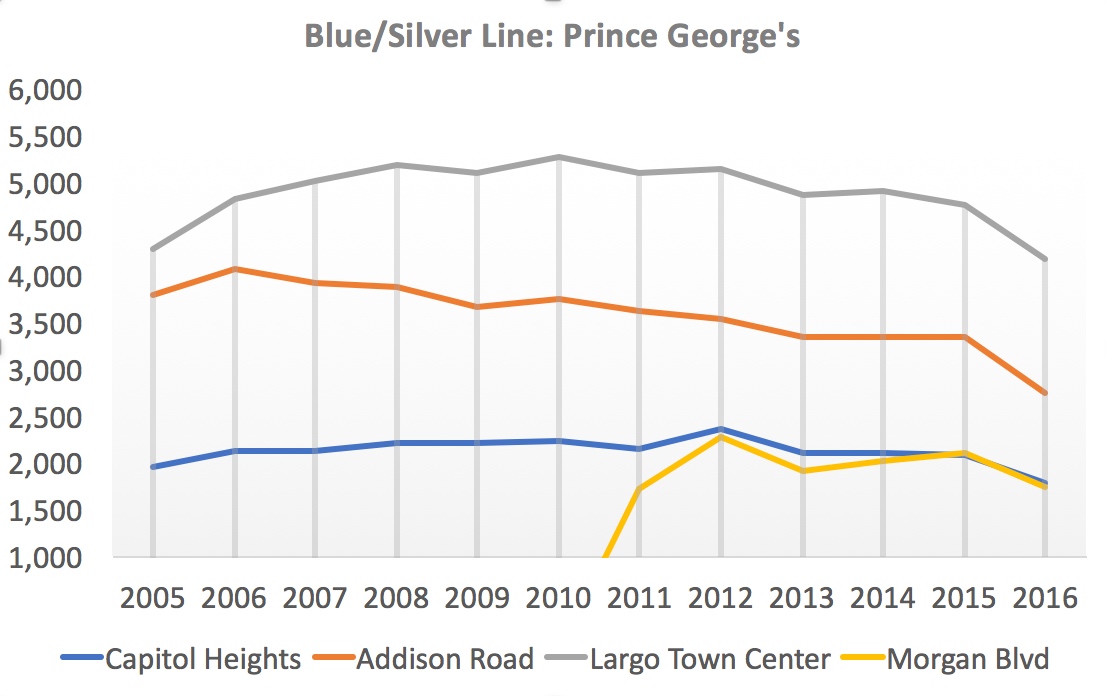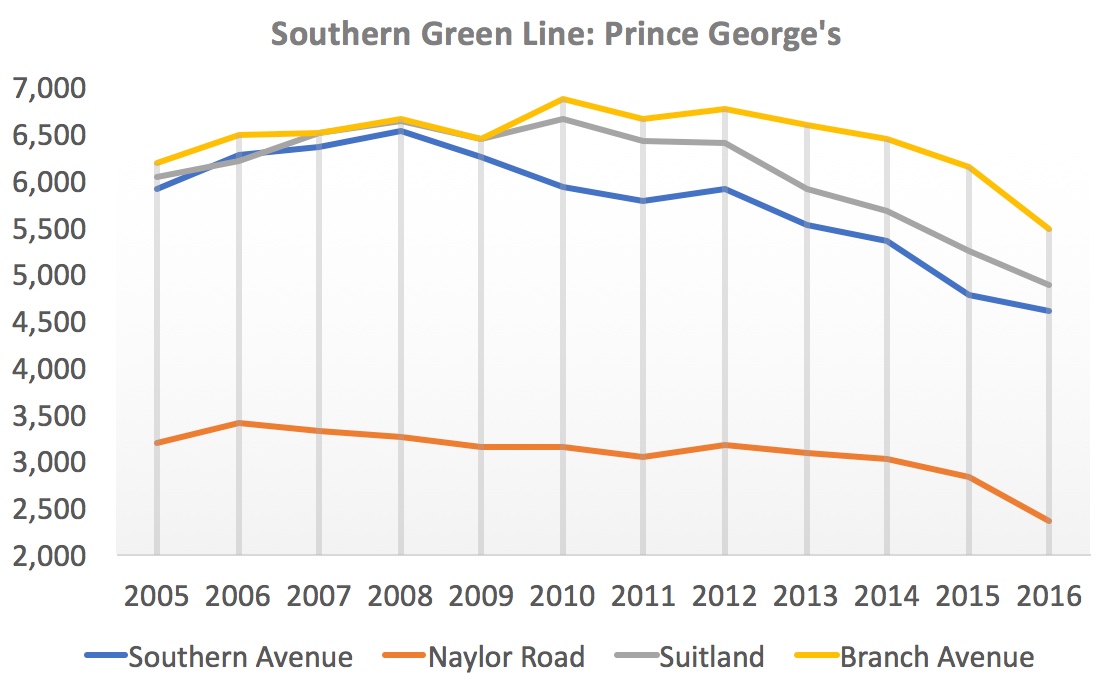How quickly times change.
Last week, Councilmember Roger Berliner (D-1) proposed allowing Montgomery County residents to prepay their property taxes in the hopes of shielding them from the new federal tax limit of $10,000 on state, local and property tax deductions coming into force in 2018.
In Montgomery County, a proposal that shows opposition to Trump and allows many to save money on their taxes is bound to be a political winner. Putting it bluntly, supporting this proposal didn’t take a smarter political nose than the Lord gave a gopher.
Apparently, that still left not just the gophers but also Roger well ahead of his colleagues, including newly minted Council President Hans Riemer. Facing his first major public test as Council President, he explained to Bethesda Beat lo these five days ago:
“I think a lot of people felt there are so many uncertainties and unknown impacts for us to rush into this,” Riemer said.
He noted that council members would have had to support the policy without holding a public hearing or debating the measure publicly. Riemer also said the plan may result in less income tax revenue for the county.
In a memo to County Executive Ike Leggett, Riemer summarized:
[W]e believe that the serious risks of hasty action over the next ten days, for both our taxpayers and the County itself, outweigh the possible benefits.
Councilmember George Leventhal (D-At Large) strongly supported Riemer’s inaction:
“Roger jumped in with both feet,” Leventhal said. “But a majority of council members said no. We have a lot of conflicting priorities now and we’re facing a budget crunch. We’d be causing confusion and distress right before the holidays.”
This may well be the first time anyone has described having to pay less in taxes as a source of “distress” (!) Leventhal has loudly touted his opposition to all things Trump but blinked when he had a chance to take meaningful action. Councilmember Marc Elrich (D-At Large) also backed Riemer:
[Elrich] said he didn’t want to support a proposal that is predicted to mostly benefit wealthy people who own expensive properties. If the county loses revenue as a result of the policy, it would likely result in cuts to county services for low-income residents, he said.
He described the policy as a “good political gimmick,” but added, “I wouldn’t want to run a government that way.”
An avalanche of opposition to this decision led to a Christmas miracle. The magic of constituent pressure caused the impossibility of a public hearing and the “serious risks of hasty action” highlighted by Riemer to melt like so much globally-warmed snow:
Riemer said the council will introduce a bill Tuesday, hold a public hearing and vote on it to allow the prepayments. . .
“If that’s what residents want, we’re going to make it possible for them to do it,” Riemer said Saturday.
“The urgency of this issue has really grown,” Riemer said. “We totally understand there are a lot of people that want to take advantage of this opportunity if we can create it.”
The Council had no idea the level of constituency anger – not to mention threat to political futures – over failure to act on this issue. Hence the growth in urgency over just a couple of days.
Despite having authored a post entitled “They Just Don’t Get It,” it was a still a forehead-hits-keyboard moment to discover that many councilmembers didn’t grasp that residents would prefer to save substantial sums on their federal taxes or thought that they woudn’t notice that other jurisdictions didn’t find the idea of collecting early property taxes too daunting.
Yesterday, Riemer explained the Council’s reversal to Bethesda Beat:
Council President Hans Riemer said that council members initially believed only the “most affluent” would benefit from prepayment, but later came to believe “it will benefit the middle class.”
He said council members heard from retirees, teachers and others who said the benefits would be significant enough for them to rush to put together the prepayment.
This explanation is more shocking than the reasons for his initial demurral. It means that Hans and his colleagues – the people who set our tax rates – don’t have much of a sense of how much their constituents earn or pay in taxes.
Adam Pagnucco outlined the effect of Republican tax proposals in Montgomery on December 4. I did the same on September 30. Neither post was exactly a revelation on this point, but Riemer says it was news to him.
Riemer was not alone in his inelegant pirouette. Leventhal and Elrich also reversed their positions, though Elrich continued to highlight concerns regarding budgetary impacts. Berliner’s County Executive Campaign is rather understandably touting his leadership on this issue in an email blast:
Aptly,“Bravo! You were the one that made it happen,” was one of the first constituent emails in Roger’s inbox today. As a result of his hard work, 40% of our county’s residents who itemize their property taxes can prepay and potentially save thousands of dollars before the $10,000 cap goes into effect in 2018. . .
Councilmember Craig Rice (D-2) was the only councilmember to stick to his guns and vote against the bill:
Rice said he opposed the bill because it will primarily benefit wealthy people. He said wealthy people already received tax breaks in the federal legislation and are going to be given another break by the county.
While probably a politically tough vote and somewhat unusual for the pro-business councilmember, Rice is at least saved from having to explain an abrupt change of heart. Moreover, Rice has a point. The people who itemize and will benefit from the deduction are unquestionably more towards the upper end of the spectrum. Those who pay higher rates will save even more by shielding income from taxation.
At the same time, that doesn’t mean that the great bulk of these people aren’t also middle class by local standards, especially when you consider the cost of living and the heaving mortgages that many people carry to buy a home here. Retirees who don’t have escrow accounts – and vote in large numbers – are also prone to notice the impact.
In the wake of the ignominious Council climb down, conservatives and business types can enjoy the spectacle of many progressive tribunes of the people, such as Councilmember Tom Hucker (D-5), loudly trumpeting how they saved you from higher taxes.




